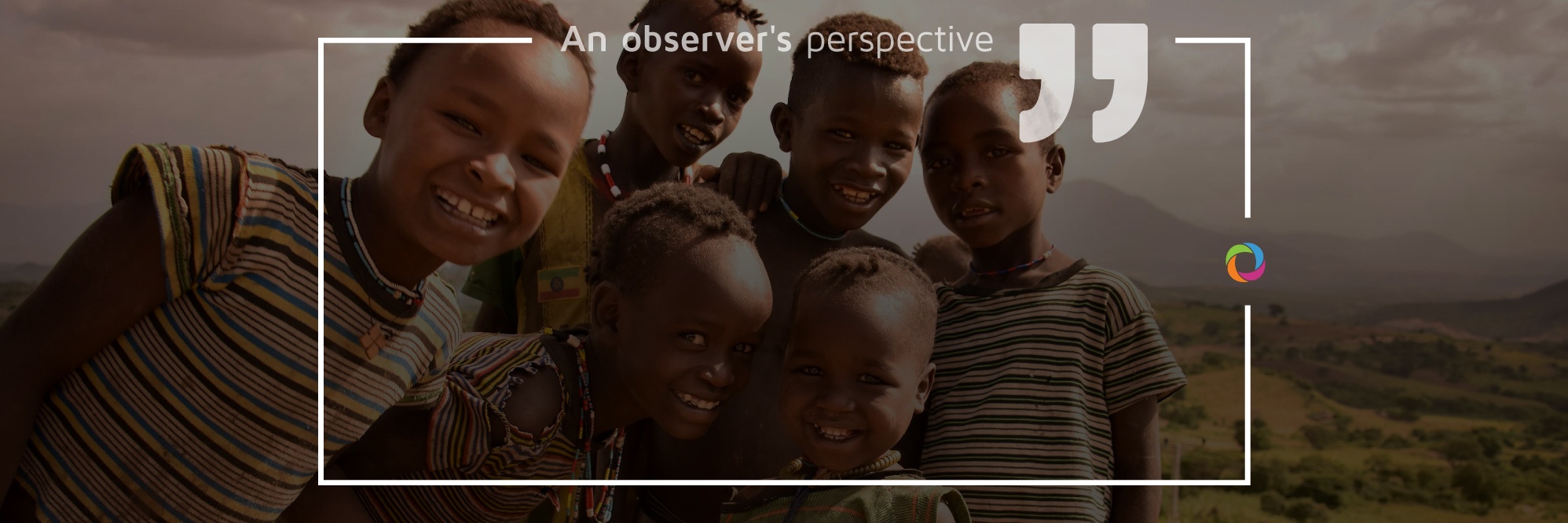By Childline Gauteng and Dr M Weideman
With South Africa facing a third wave of the coronavirus, the impact of the pandemic on children is becoming increasingly dramatic. Lockdown measures have prompted the economy to severely contract and record unemployment levels have driven the already high poverty rates even higher. All this, coupled with schools closing down, poor health services, and family fragmentation, have dealt a painful blow to children, deepening the existing crisis of violence being perpetrated against them. Information provided by DevelopmentAid observer, Marinda Weideman, based on data shared by a child protection non-profit organization operating in Gauteng province is indeed a reason for raising red flags. While the data is not representative of all of South Africa, it is somewhat indicative given that Gauteng is home to about a quarter of the country’s population and is considered to be its wealthiest province.
The 24-hour Help Line enables counsellors to listen to and support thousands of children in vulnerable and emergency situations and to improve their life outcomes. Help Line data clearly demonstrates the adverse effects of the pandemic on children.
In 2021, the total number of cases opened (following calls to the Help Line) increased by 55%. The number of calls relating to health concerns increased from 175 to 45,191, suggesting a dramatic increase in anxiety among children.
Reported cases of abuse (including physical, sexual, emotional abuse, and abduction) and exposure to domestic violence increased by 26%. Abuse and exposure to domestic violence often have detrimental effects on the life outcomes and psychological health of children and are linked to intergenerational family violence.
Poverty and neglect are debilitating issues for many children. Prior to the pandemic, 40% of children in South Africa’s Gauteng province were living below the poverty line. The fact that calls pertaining to poverty, food insecurity, homelessness, neglect, and abandonment increased by an extraordinary 46% during the pandemic is concerning.
One of the systemic consequences of the Apartheid system, and the economic exploitation and spatial segregation that characterized it, is family fragmentation. Before the pandemic, only 48% of children in the Gauteng province were living with both their parents while 36% were living with single mothers and 10% lived with neither parent.
The pandemic has exacerbated family fragmentation. Childline statistics show extreme increases in violence against children and family conflict (an increase of 195% compared to 2019/20). The number of calls related to substance abuse increased by 15%.
It is likely that the number of orphans has also markedly increased during the pandemic. Globally, an estimated 1.5 million children have experienced the death of a parent, custodial grandparent, or other relative who cared for them because of COVID-19. The same study points out that children who have lost a parent or caregiver are at risk of profound short- and long-term adverse effects on their health, safety, and wellbeing. These can include an increased risk of disease, physical abuse, sexual violence, and adolescent pregnancy.
Childline’s data indicates extensive deterioration in the mental health of children. The number of calls related to psychological health challenges increased by 48%. These included calls related to suicidal thoughts or suicide attempts among children and calls reporting suicides of family members or school friends. There was also a marked increase in the number of children calling with depressive symptoms.
This data demonstrates the urgent need for support and funding for children, as well as the importance of thinking more broadly about the differentiated effects of COVID-19 on various sectors of society.
Here is the link to Childline’s website – www.Childlinegauteng.co.za



